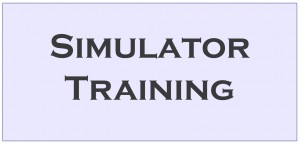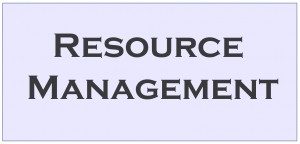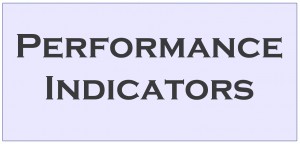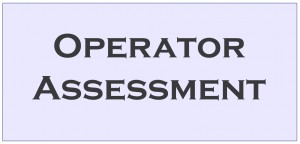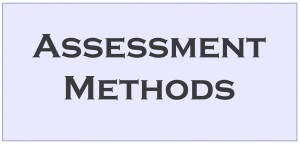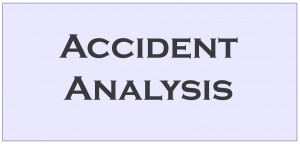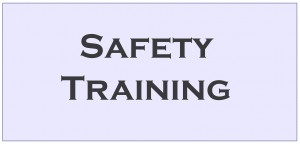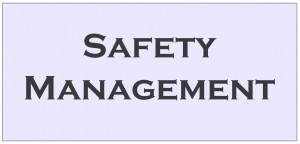Global market dynamics and competitiveness requires the systems to adapt and keep performing in a sustainable way.
Below is an illustration of the TARG structure blocks. Click on each block to learn more about each topic.





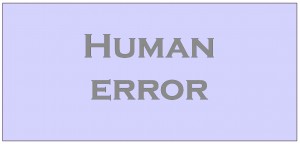
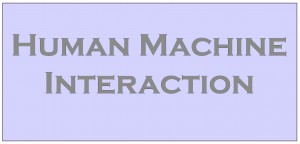
The followings are the expertise developed by TARG:
- Training Methods
- Training for Maritime Domain
- Training for Process Industrial Operator
- Training in 3D Immersive Environments
- Design of Operator Training Simulator (OTS)
- Training Methods Effectiveness
- Training Evaluation
- Impact of Training on Performance
- Impact of Training on Safety
- Design of Experiment to test training methods
- Training Methods to improve Performance in terms of :
- Safety
- Communication
- Teamwork
- Abnormal situation
- Accidents
- Assessment
Assessment in complex and dynamic systems require utmost care in making sure that the correct components of the system are evaluated with the use of appropriate/relevant methodologies. This is often challenging, and a complex system often involves both human- and technological factors and their respective dependent interactions.
With the use of sophisticated research and innovative methodologies, TARG is improving and progressing on how assessment should be applied in such complex system. In the research, identifying the necessary performance indicators is a key when it comes to evaluating the system’s performance.
In addition to identifying the performance indicators, knowledge of how to extract the data in an objective and unbiased manner is a challenging tasks. Ultimately, the performance indicator need to reflect the level of analysis in the system and make that the indicators measure exactly what they are defined to measure.
Simulator training
Simulation training and assessment is central to USNs strategy, and the institution has a large simulator park located in the main school area and at the research center.
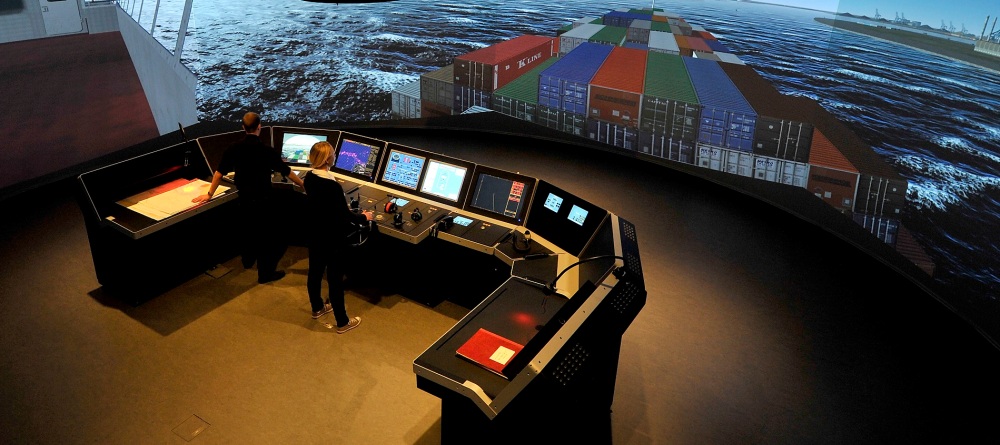
The concept of training the operators/seafarers before starting to work with real operations exists since decades.However, the perspectives in which the Training has been progressing requires significant improvements. The existing training methods have been mostly developed by the subject matter expert – with limited knowledge on the science of training – resulting in loop holes that subsequently impairs the performance of operators.
To name few, lack of integration of technological advancement, lack of integration of cross disciplinary expertise (e.g., Human Factors, cognitive sciences, industrial and organizational psychology, and engineering), and insufficient use of training in simulated abnormal situation and accident scenarios calls for improvement in existing training methods.
In addition, the dynamic nature of organizations, global market and competitiveness, close coupling of complex systems, humans and their interaction demands continuous adaption of training methods.
Research center

